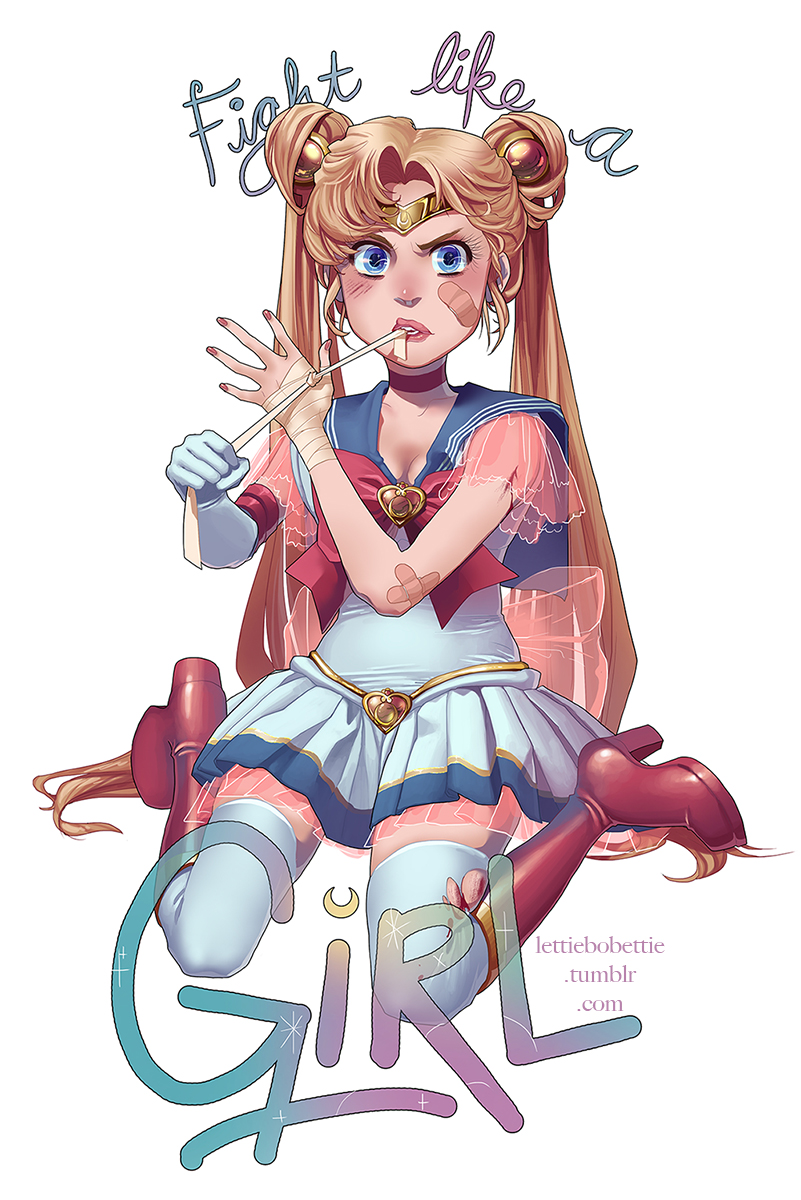The phrase 'fight like a girl' is trademarked.
Yep - the phrase used as a title in this comic, this movie, this comedy sketch, this self-defense program, and the song below is trademarked, and not to any of these people.
Yep - the phrase used as a title in this comic, this movie, this comedy sketch, this self-defense program, and the song below is trademarked, and not to any of these people.
They're dicks because they have been suing independent artists using the phrase in their art. By specifically targeting independent artists trying to make a living, they can try to control the proliferation of the phrase while not ending up embroiled in court with people who can actually fight back. Because, realistically, the company in question doesn't have a leg to stand on. It's a common phrase. It's a phrase that empowers a lot of women! Except, y'know, when a business that purports to support women uses that phrase to attack their ability to sell their art.
It's an ultimately doomed effort - even Band-Aid ended up changing their jingle to 'stuck on Band-Aid brand' because their brand name had become the common name, and Band-Aids aren't as tied up with feminism and the policing of art as Fight Like A Girl is. So the company is currently trolling, getting themselves more press, and being dicks.
Intellectual property is more complicated than declaring that one owns a segment of language forever, but it's really difficult for independent artists to get legal fees. As an independent author or artist, you're a lot more vulnerable. So while legally when nuisance cases like this come up you could fight back, you might not have the resources. It's deeply frustrating, partly because even if one can dispute a DMCA claim on solid grounds one's distributors might not want the hassle. I don't have any kind of easy solution, just a lot of frustration on behalf of my artist friends. Fair Use doesn't even come into this, as far as I'm aware, because these works have nothing to do with the company that owns the trademark. No one cared about them until they started suing.
So hopefully it'll die down soon, or there'll be something class action on behalf of the artists. In the meantime, it's worth it to know your rights, even if you won't always be in a position to exercise them.
 |
| Fight Like A Girl by LettieBoBettie, from DeviantArt |
